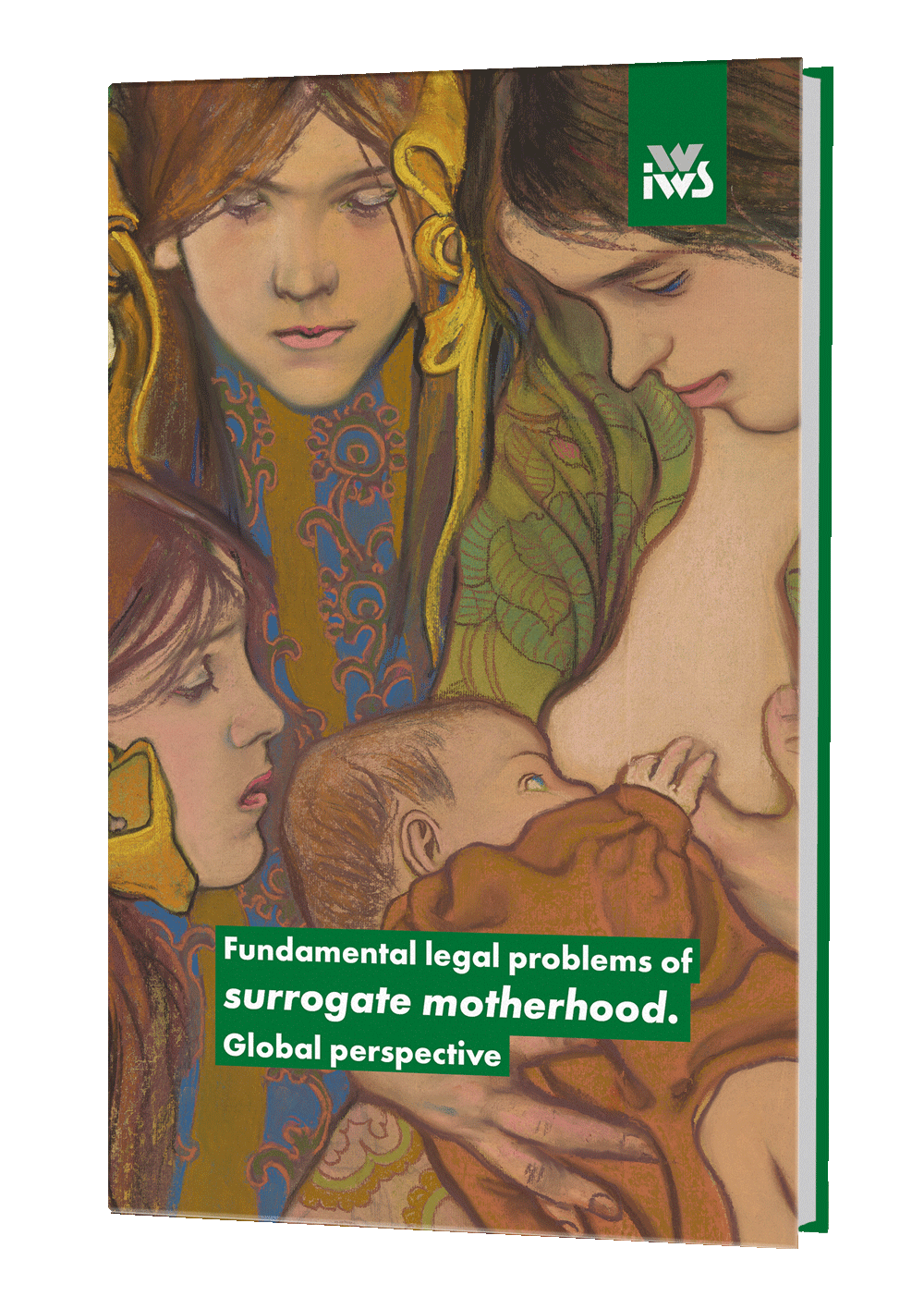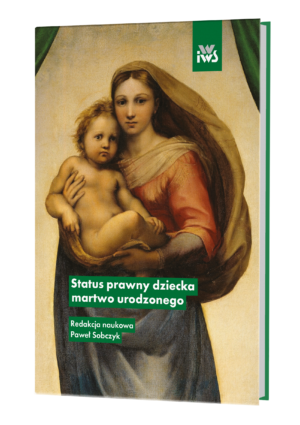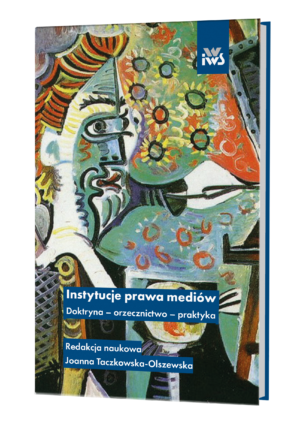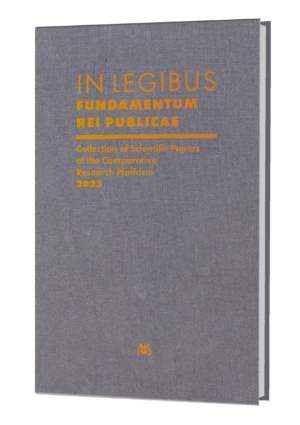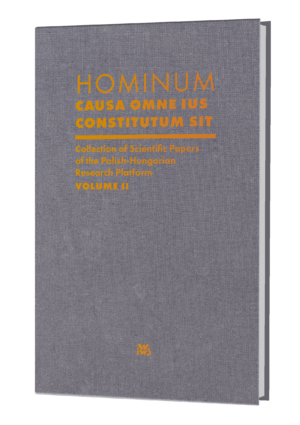The observation that mater semper certa est remains accurate under most legal systems in the world. Maternity is defined as the personal status (filiation) of a woman who gave birth to a child. It is typically complemented by the fatherhood of the man from whom the child biologically originates (often quem nuptiae demonstrant). However, in some states, a kind of competitive way of acquiring the legal status of mother and father (or “homosexual parents A and B”) has been introduced via concluding a contract with a surrogate mother. Usually with a woman coming from poorer societies and with the assistance of professional intermediaries and organizers. The postulates to change substantive family law, or at least to recognize the effects of foreign law and procedures (a kind of “procreative tourism”), appear nowadays also in states generally prohibiting surrogate motherhood.
The issues discussed in the present volume concern both national law and international court cases. Recent examples include the opinion of the European Court of Human Rights of 10 April 2019 initiated by the French Cour de cassation, the judgement of the German Bundesgerichtshof of 20 March 2019, and dilemmas of Polish administrative courts.
Focusing on the international perspective, the present volume as well as an accompanying book in Polish are the results of the international cooperation of over 30 experts from both member states and observer states of the Council of Europe. The monograph is structured “from the general to the detail” and includes a comprehensive view as well: from the issues of philosophy and sociology of law, to human rights standards of national constitutions and international agreements, to principles of ordre public of forum and their protection with measures of private, public, and penal law. This allows readers, including legislators and judges, the better understanding of the fundamental legal problems that surrogate motherhood brings, both in states where law creates them in a narrower or wider extent, and in other countries of the world, to which these problems can be imported with the movement of people and with de lege lata and de lege ferenda postulates.



